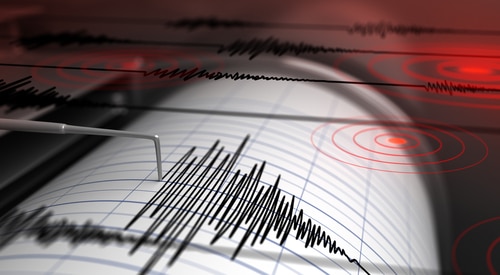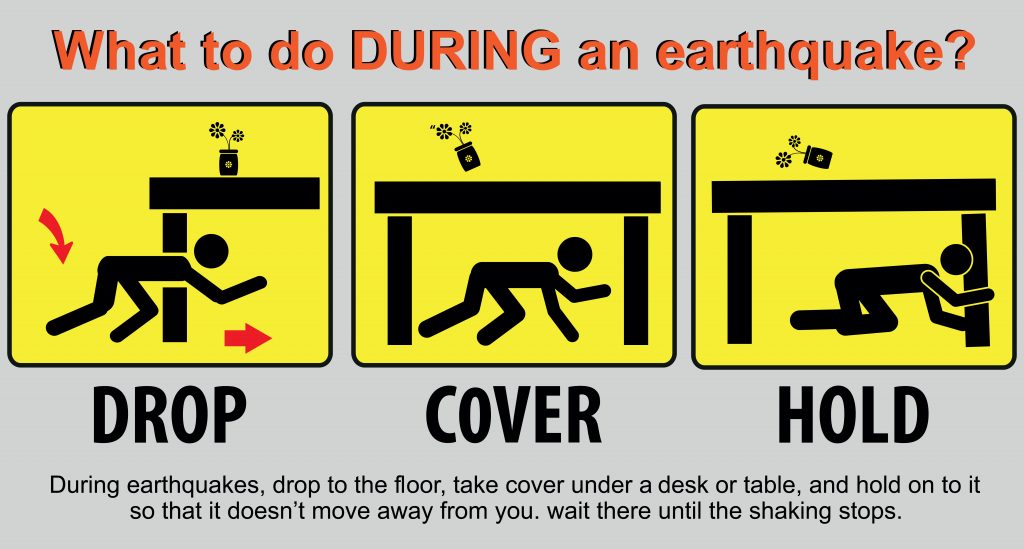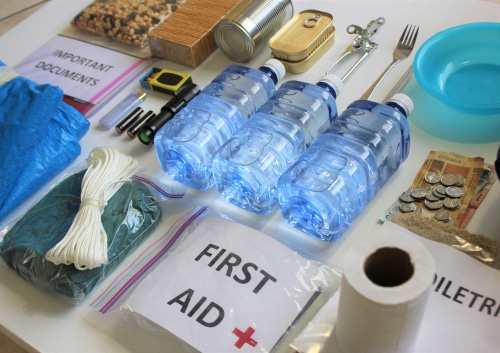Earthquake Insurance & Preparedness
Posted June 06, 2019 in Earthquake Insurance
Earthquakes are a common concern in California and other areas that are close to active fault lines. While they currently cannot be detected in advance, there are areas that are more prone to seismic activity than others.
If you live in one of these active areas, protecting and preparing yourself against the possible devastation of a major earthquake will safeguard your life and your livelihood.
Here are some tips for preparing for a major earthquake and a guide to how earthquake insurance can help you in a time of crisis.

Earthquake Insurance Policies
Standard insurance policies for homeowners, renters and condominium owners typically do not cover any damage caused by natural disasters such as earthquakes, floods or landslides.
In the event that a major earthquake does occur, it is possible that you will no longer have a permanent living situation because of severe damage to your property. Obtaining an earthquake insurance policy can help pay for some of those losses and even take care of temporary lodging after the earthquake strikes, ensuring that you and your family are taken care of.
The California Earthquake Authority (CEA)
This program provides earthquake insurance in California and offers policies for homeowners, mobile home owners, condominium unit owners and renters. Policyholders must first have residential property insurance established before getting a CEA earthquake policy.
What Is Covered?
The insurance policy covers your residence to a specific dollar amount and can include additional coverage for your belongings. Furniture, TVs, crystal or fine china, and computers or other electronics are just a few examples of what can be included in this coverage.
Any additional living expenses and loss of use can also be added to your plan, relieving the cost of temporary rentals and additional costs of living (ALE) while your home is evacuated or being repaired.
Condo Owners
Homeowners Associations for condos often have insurance for the common areas and exterior structures of the buildings, so check with those organizations to see if their policy covers earthquake damage.
To discuss your coverage options and set your earthquake insurance limits, please call our office today at (951) 368-0700.

Preparing for an Earthquake
While it is impossible to be fully ready for an earthquake, your family can adequately prepare in advance and have a kit available in case of an emergency. Here are some tips for being disaster prepared:
React Quickly
If an earthquake occurs, remain calm and have an established drill in place, so your family knows what to do in the event of an earthquake. As soon as you feel the first jolt or shaking, begin your earthquake drill.
Create an Emergency Kit
Your plan should include filling a few containers, such as buckets, backpacks or suitcases, with supplies to survive without electricity or assistance for up to two weeks following a disaster. Emergency kits can be left in your car, at work or at home so that you can be prepared regardless of where you are when the disaster strikes.
What Should I Include?
- One or two gallons of water per person, per day for at least five days for both drinking and sanitation purposes.
- A minimum of a five-day supply of non-perishable food, such as granola or protein bars, trail mix, dried items and canned goods that can survive without refrigeration. Be sure to include a manual can opener or other means to open the canned goods. Scissors can also be helpful.
- Batteries and a battery operated or hand-crank radio as well as flashlights or camping lights that can be used if electricity is not available.
- A premade or homemade first aid kit can handle minor cuts or scrapes.
- A whistle can alert emergency relief as they assess the area.
- A wrench and a pair of pliers can be useful to shut off utilities.
- Maps of your surrounding area.
- Extra chargers and backup batteries for your cell phones will help maintain a charge to contact outside sources.
- Maintain a printed list of addresses, phone numbers, and evacuation sites for every location your family frequents (home, your workplace, schools, etc.) in each of your emergency kits.

Set Up a Care Plan
Becoming first aid and cardiopulmonary resuscitation (CPR) trained is an excellent idea to prepare for a worst-case scenario. Your local American Red Cross and other companies offer these services. Research local shelters to take care of your animal companions. Have a fire extinguisher that is updated by your local fire department.
Establishing all of these backup plans and emergency kit items in advance will help your family be prepared for an earthquake or other unexpected disasters.